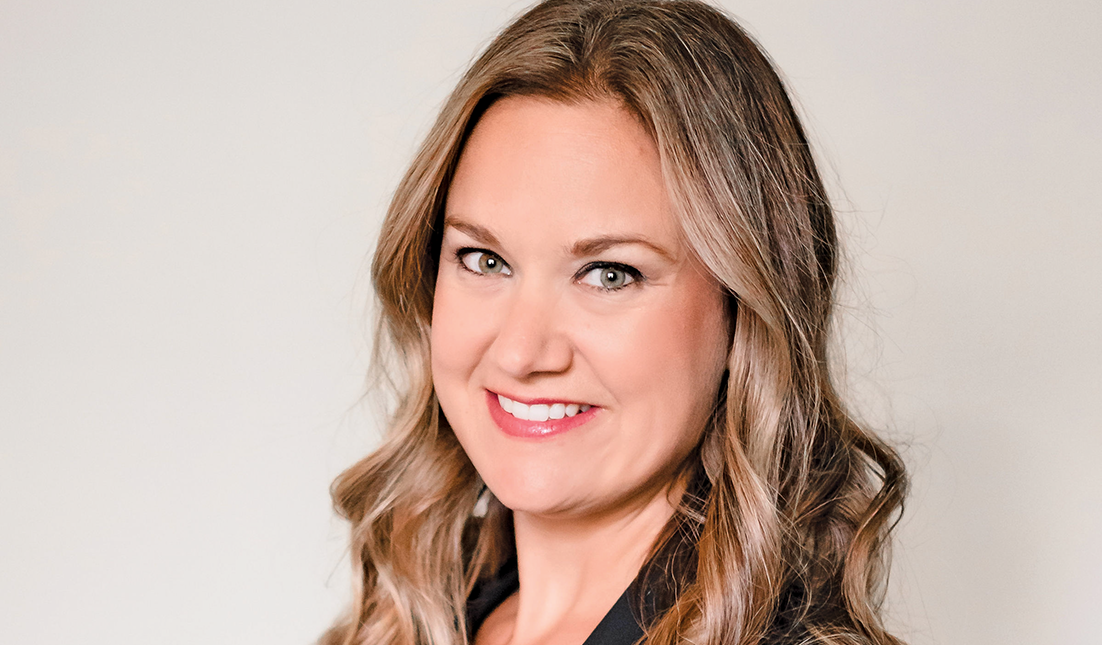Elliot’s Brief Blog

Dr. Elliot Eisenberg is an internationally acclaimed economist who was the keynote speaker at the first ELEVATE SUMMIT conference last year in Orlando, and will again reprise that role at ELEVATE SUMMIT 2020 happening online Tuesday, November 17.
He will address key economic issues, including the 2020 presidential election, boating demographics and buying behaviors, GDP growth, interest rates, unemployment, inflation, currency movements, and wage growth, among other topics. Dr. Eisenberg is humorous, witty, energetic, engaging and entertaining, with the ability to make the mundane interesting and memorable. He writes a daily brief blog, and here is a collection of his most recent postings.
Election Elucidation
This is the 59th US presidential election. The first and only one to be held in an odd numbered year saw George Washington defeat John Adams in 1789. Adams, Jefferson, and Madison followed. Those were candidates! The Adams’ were the first couple to live in the White House. President George H.W. Bush received 186.3 million votes over four elections, slightly more than President Richard Nixon at 182.7 million over five.
Market Moves
Since 1860, a Republican has occupied the White House for 95 years, a Democrat 65. The annualized S&P 500 return during the 65 Democratic years of control was 8.4%, 8.3% when the President was a Republican, a statistically insignificant difference. From 1929-2019 one party controlled both ends of Pennsylvania Avenue for 45 years and the S&P 500 return averaged 7.45% during those years; the other 46 years, it was 7.26%/year.
Great Growth
After declining by a record 9%, or 31.4% if annualized in 20Q2, 20Q3 GDP has come in at a simply stunning 7.4%, or 33.1% if annualized! At this point, the US economy is 3.5% smaller than it was on 12/31/19, and about 4% smaller than it was in mid-March before the onset of Covid-19. While 4% seems small, that was the magnitude of the decline during the 2008/2009 Great Recession!
Income Inequality
Over long periods of time, I suspect income inequality will systematically worsen. When first entering the labor force, workers generally know little and get paid poorly. However, labor productivity of educated, skilled workers steadily rises due to technological improvements. Thus, all else equal, skilled workers should earn more than their predecessors in the same job. Moreover, with longer lifespans, high-income workers can earn higher incomes longer.
Pleasant Profits
In 12Q1, corporate profits surged and hit $1.88 trillion. Real corporate profits have never been higher since, despite recently lower tax rates. It’s because of the business cycle. Early in the cycle, when unemployment is high, wages stagnate and capital captures increases in worker productivity, boosting profits. As unemployment falls, wages rise, labor does better, but profits stagnate. This suggests profits should be good in 2021, wages, not so good.
Peak Production
September new home sales came in at a seasonally-adjusted annual rate of 959,000. While slightly below street expectations, starts are amazingly up 16.9% YTD. But Y-o-Y growth is declining, inventory is up slightly to 3.6 months from August all-time low of 3.4, and sales are 3.5% lower than last month and almost 1% down from the month before. All this suggests that peak 2020 new sales are behind us.
Screwy Stocks
While equity prices have rapidly recovered from their 3/20 lows, the recovery means much less for the economy than in the past. In 1973, publicly traded firms accounted for 41.4% of total non-farm payroll employment. That percentage was just 29% in 2019. Why? In the 1950s, AT&T had the highest market cap and was the top US employer. Today, Apple is most valuable, but they are the 40th largest employer.
Growing Gap
The 8/20 US trade deficit hit $67 billion. After inflation, the deficit hasn’t been this high since 2008. Imports have largely recovered but not exports. This is because the US imports goods but primarily exports services, and visits by tens of millions of foreigners to US for vacation and hundreds of thousands for higher education are not happening. Similarly, Hollywood movies aren’t being screened and thus royalties aren’t being paid.
Residential Rankings
Over the next five to ten years, housing will enjoy a nice tailwind primarily due to demographics. With the youngest Millennials now 26, the demand for single-family units will steadily rise, but the Millennial’s inability to accumulate wealth due to two deep recessions will prevent many from having a down-payment. Thus, I suspect single-family rentals will be the best market, followed by the owner-occupied single-family market, and lastly multifamily.
For more information about Elliot Eisenberg, PhD., go to https://econ70.com/
For more information or to register for ELEVATE SUMMIT 2020, go to https://www.boatingindustryelevate.com/




